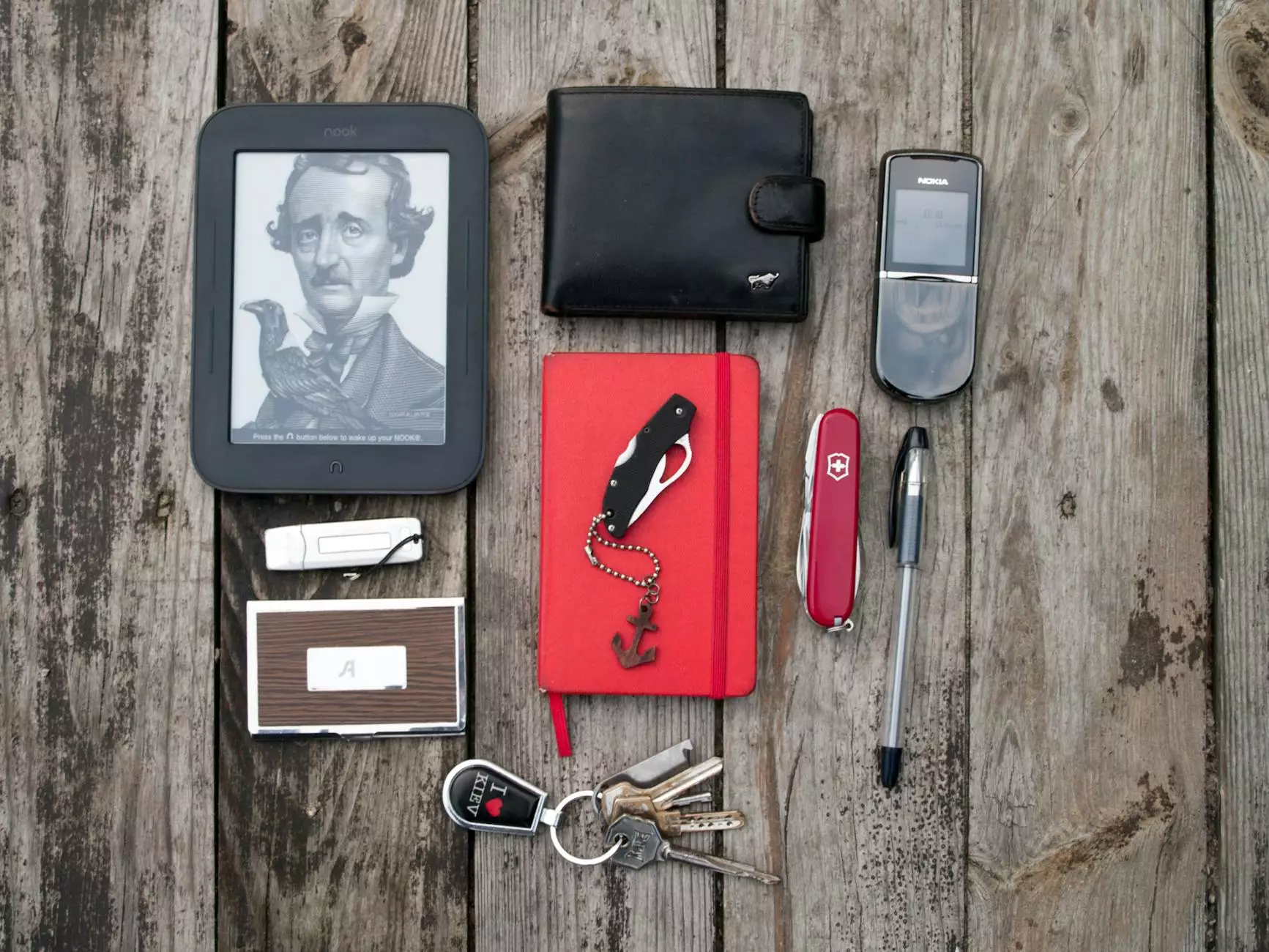The Safest Crypto Wallet: Protecting Your Digital Wealth

In the rapidly evolving world of cryptocurrency, safeguarding your digital assets is more crucial than ever. The safest crypto wallet is your first line of defense against the various threats posed to your investments. This comprehensive article will explore the types of crypto wallets, their features, and how to select the best option for your needs.
Understanding Crypto Wallets
Before diving into the safest crypto wallet options, it's essential to understand what a crypto wallet is and how it works. A cryptocurrency wallet is a software program or hardware device that stores your public and private keys, allowing you to send and receive cryptocurrencies. There are two primary categories of wallets:
- Hot Wallets: These are wallets connected to the internet, making them convenient for daily transactions. However, their online nature exposes them to potential hacking risks.
- Cold Wallets: These wallets are offline, offering enhanced security for users who wish to store their cryptocurrencies for the long term. Cold wallets can be hardware devices or paper wallets.
The Importance of Security in Crypto Wallets
As the crypto market grows, so do the threats targeting it. From phishing scams to hacking attempts, investors must prioritize security. By choosing the safest crypto wallet, you minimize the risk of losing your hard-earned assets. Here are key factors contributing to a wallet’s security:
- Private Key Management: The wallet should allow you to control your private keys. Never store your keys on an exchange.
- Two-Factor Authentication (2FA): Look for wallets that support 2FA, providing an additional layer of security.
- Regular Security Updates: Developers should frequently update the wallet to protect against vulnerabilities.
- Open Source Software: Wallets that are open source can be audited by the community, ensuring no hidden backdoors.
Types of Wallets and Their Security Features
1. Hardware Wallets
Hardware wallets are considered one of the safest crypto wallets available due to their offline storage. Leading hardware wallets include:
- Trezor: Offers high-level security and supports a wide range of cryptocurrencies.
- Ledger Nano X: Bluetooth-enabled hardware wallet that combines convenience with top-notch security.
Hardware wallets store your private keys in a secure chip, making it nearly impossible for malicious software to access your funds.
2. Software Wallets
Software wallets come in various forms, including desktop, mobile, and web wallets. While they are more convenient than hardware wallets, they come with security risks. Notable software wallets include:
- Exodus: A user-friendly desktop and mobile wallet that offers multiple cryptocurrency support and built-in exchange features.
- Atomic Wallet: A non-custodial wallet that enables you to control your private keys securely.
3. Paper Wallets
A paper wallet is a physical document that contains your public and private keys. This method of storage is highly secure if generated securely and stored properly. To create a paper wallet, follow these steps:
- Generate a wallet using a trustworthy paper wallet generator.
- Print the generated keys, ensuring that your printer isn’t connected to the internet.
- Store the printed document in a secure and private place.
While paper wallets are very secure, they can be lost or damaged, so ensure you make backups.
Choosing the Right Crypto Wallet for You
When assessing which is the safest crypto wallet, consider the following factors:
- Security Features: Look for wallets with strong encryption and security measures, such as 2FA.
- User Experience: Ensure the wallet has an intuitive interface that suits your level of expertise.
- Supported Cryptocurrencies: Make sure the wallet supports the cryptocurrencies you plan to buy, trade, or hold.
- Backup and Recovery Options: Choose a wallet that allows you to back up your keys easily and has guides for recovery in case of loss.
Best Practices for Keeping Your Crypto Wallet Safe
Even when using the safest crypto wallet, following best practices is vital for securing your assets:
- Regular Updates: Keep your wallet software updated to protect against vulnerabilities.
- Use Strong Passwords: Create unique, complex passwords and change them regularly. Consider using a password manager.
- Be Wary of Phishing Scams: Always double-check the website address before entering sensitive information.
- Security Keys: If available, use hardware security keys for an added layer of security.
- Educate Yourself: Stay informed about the latest security practices and threats in the crypto space.
Comparing the Safest Crypto Wallets
To help you make an informed decision, let's compare some of the safest crypto wallets based on various factors:
WalletTypeSecurity FeaturesSupported CoinsPriceTrezor Model THardwarePin protection, recovery seedOver 1,600$219Ledger Nano SHardware31,000+ security auditsOver 1,500$59ExodusSoftwarePrivate keys stored locallySupports numerous altcoinsFreeConclusion: Safeguarding Your Crypto Investments
Choosing the safest crypto wallet is a critical step in securing your digital wealth. With options ranging from hardware to software and even paper wallets, there is a solution for every cryptocurrency user. By considering the security features, types of wallets, and best practices outlined in this article, you can better protect your assets and navigate the crypto landscape confidently.
Investing time in finding the right wallet can pay off significantly in the long run, ensuring your cryptocurrency remains secure against threats and vulnerabilities. In a world where digital assets are increasingly under attack, prioritizing security is not just an option but a necessity. Make informed choices and protect what matters most — your financial future.









